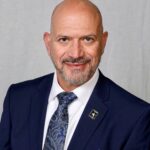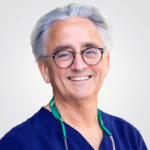A couple of years ago I lost my voice 4 times within 12 months. My Primary Care Physician diagnosed me with acid reflux and gave me a referral to one of the best and well known otolaryngologists (Ear, Nose, and Throat (ENT) docs) in the area. After he and I talked about my voice, I asked him about surgery for OSA. He said he sees about a 40% success rate. Recently, I talked with him and posed the same question. His answer may surprise you…
He said his success rate has risen dramatically! How, he said, was because his case selection is very specific for surgery – he dropped the percentage of procedures he does, making each one more likely to succeed. He also added he feels oral appliances are a solid option for patients and according to his continuing education provider (the American Academy of Otolaryngology Head and Neck Surgery Clinical Practice Guidelines) …A custom-fit oral appliance, which repositions the lower jaw forward, may also be considered for certain patients with snoring/OSA. This should be fitted by an otolaryngologist, dentist, or oral surgeon with expertise in sleep dentistry. He continued: “Only send me dentists that are qualified and can bill medical insurance including Medicare.” He said he’d love to make them himself…if he got paid. Since Medicare is only paying dentists, he’d rather refer out.
Wow. That brief conversation was very educational. As I thought more about it and reflected on past conversations with other physicians and dentists, the same points came to mind. Hence:
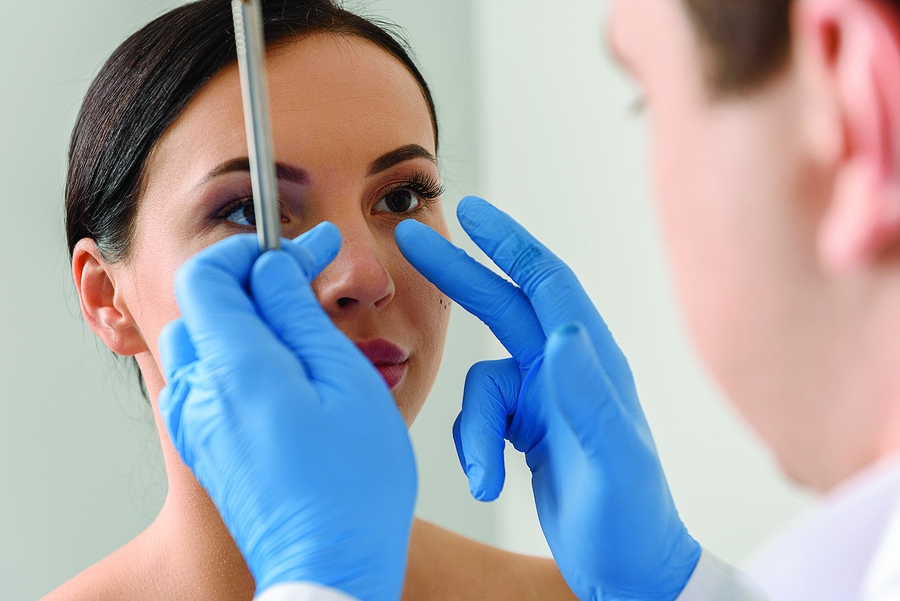
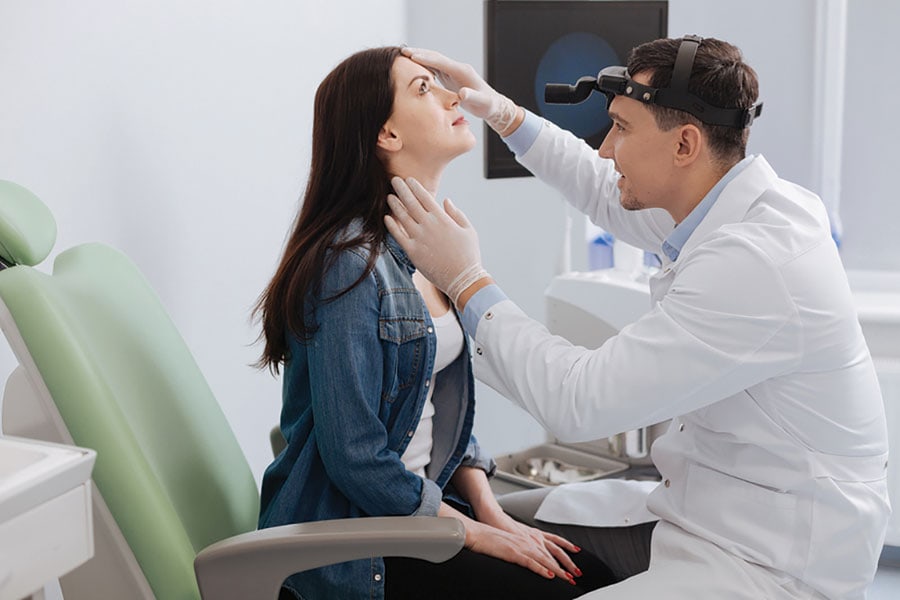
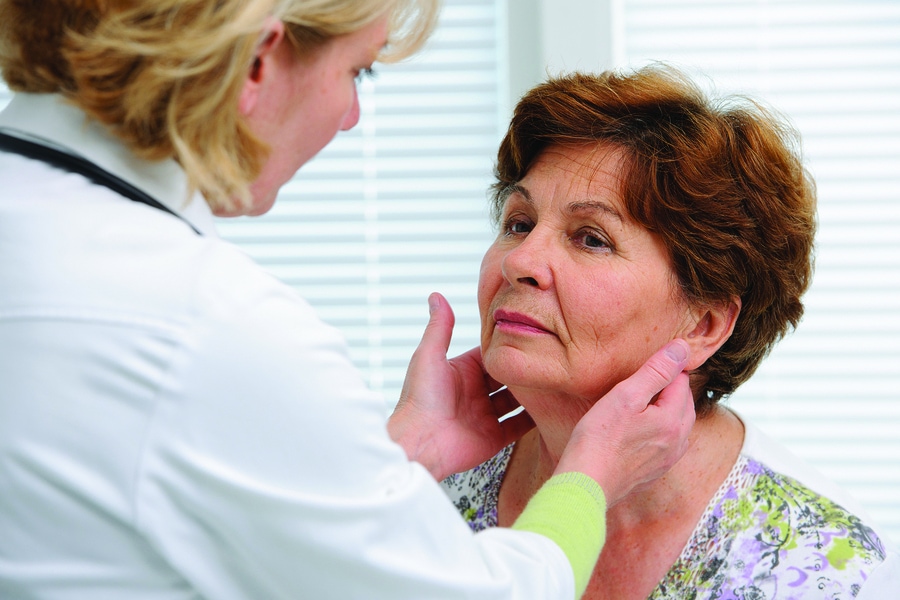
The Top 5 Things Team Should Know About Working with ENT MDs
5. The percentage of procedures dropped and success rate increased. There are a certain surgical procedures that can benefit patients greatly. Generally speaking, surgery may not be the first option for most patients but for those with specific conditions, it may be the best strategy. Surgery and oral appliances as combination therapy may be a viable option as well. Adding a simple nasal procedure to oral device therapy may be a match made in heaven for some folks!
4. ENTs are making oral appliances. My doc was not interested in learning how to take impressions or manage periodontal issues, especially if payment is not secured. When connecting with an ENT, find out what is the best way to work together. If your ENT is making oral appliances, it’s best to make sure she/he understands you are there to help if they get in ‘over their head.’
3. “I’d love to make oral appliances myself…if I got paid.” Although their Academy is stating ENTs should fit oral devices, Medicare is not allowing reimbursement to MDs. Medicare states the device is provided and billed for by a licensed dentist (DDS or DMD). Private insurance companies have been known to follow Medicare’s policy. However, each insurance company has its own policy and limitations.
2. Oral Appliances are a solid option for patients. WAHOO! It’s great that oral appliances are becoming more recognized as successful management of sleep disordered breathing! Although this is one physician’s opinion and not all feel the same way, many docs are coming around to this position. It’s our dental industry that can prove a dental solution is possible for a medical condition to achieve Maximum Medical Improvement (MMI) for our patients and more.
1. “Send me qualified dentists. Dentists that can bill medical insurance including Medicare.” This is the most consistent response I get with regards to physician’s request for a dentist relationship. Send me a dentist that knows what they are doing clinically and can handle insurance matters specifically Medicare. After all, there is a high percentage of Medicare patients with diagnosed and undiagnosed OSA.
 How can we team help knowing the Top 5 Things Team Should Know About Working with ENTs?
How can we team help knowing the Top 5 Things Team Should Know About Working with ENTs?
We can learn more about the surgical procedures our referring ENT doctors can provide. This will allow us to communicate with patients once recommendations are made and help orchestrate appointments for combination therapy.
We can help our dentists identify our practices as resources and referral options for surrounding physicians.
We can understand medical insurance policies to know when reimbursement is allowed and what indications, limitations and or medical necessity is required.
We can learn as much as we can about sleep and the importance of maintaining a healthy sleep airway (similar to what we have done in dentistry) to be able to educate our patients ultimately to see them succeed in airway management.
We can celebrate our patient successes! If we witness or experience patient’s improvement, let’s share on social media and with other patients. We can ask for online reviews, or even record a short video with a smartphone. Of course, we need to make sure we have a signed consent from the patient. If it’s a patient who has seen the ENT doc we’ve worked hard to cultivate, sharing the success with them is great!
By the way, anyone who knows me knows my voice is healthy now!
Editor’s Note: This Sleep Team Column will be dedicated to the team and provide practical tips and resourceful information. Let us know your specific issues by email to: SteveC@MedMarkAZ.com, while we can’t respond to every individual. Your feedback will help us create the most useful Sleep Team Column we can!

